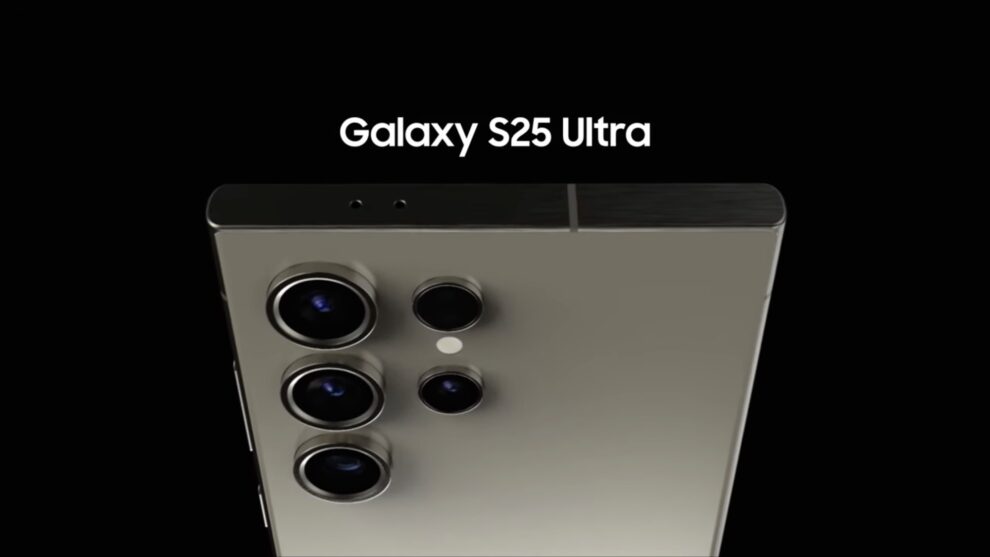Samsung’s upcoming Galaxy S25 series may see price increases in certain markets, primarily driven by rising component costs and currency fluctuations. Industry sources report that Samsung’s home market of South Korea could be particularly affected by these price adjustments, though the impact may vary significantly across different regions.
The primary factor behind the potential price increase is Samsung‘s decision to use Qualcomm’s advanced Snapdragon 8 Elite System-on-Chip (SoC) across all three models in the S25 lineup. This strategic choice, while promising enhanced performance, comes with significant cost implications as Qualcomm has reportedly increased its chip prices by approximately 30% compared to previous generations.
According to reports from Yonhap News, the situation is further complicated by unfavorable exchange rates between Samsung and Qualcomm, which have risen notably compared to previous years. While specific price increases haven’t been disclosed, industry sources suggest the adjustment will be “slightly” higher than current S24 prices in the South Korean market.
However, the pricing situation appears more nuanced in international markets. Recent reports from European sources, particularly a retailer leak in Germany, suggest that prices might remain stable in the European Union. The leaked pricing structure indicates the base Galaxy S25 with 128GB storage could retail at 899 euros, while the S25 Plus with 256GB storage might be priced at 1,149 euros, and the premium S25 Ultra with 256GB storage could cost 1,449 euros.
The cost increase associated with the Snapdragon 8 Elite chip isn’t without justification. The new processor, built on a 3nm process, reportedly offers substantial improvements over its predecessor, including a 45% boost in performance and a 44% increase in efficiency. These advancements come at a premium, with reports suggesting Qualcomm has implemented a price increase of approximately $190 per chip, representing a 20% increase over the previous generation.
This situation reflects broader challenges in the smartphone industry, where manufacturers must balance advancing technology with consumer price sensitivity. The use of more sophisticated components, particularly the transition to 3nm process technology, has led to increased production costs across the industry. The decision to implement these advanced technologies, despite their higher costs, demonstrates Samsung’s commitment to maintaining its competitive edge in the premium smartphone market.
The varying impact of these price adjustments across different regions highlights the complex nature of global smartphone pricing strategies. Factors such as local market conditions, competition, and currency exchange rates play crucial roles in determining final retail prices. This regional variation suggests Samsung may adopt a market-specific pricing strategy rather than implementing uniform global price increases.
Looking ahead to the Galaxy S25’s expected launch in January 2024, additional features may help justify any potential price increases. Rumors suggest the series could incorporate Qi2 wireless charging technology, adding to the devices’ premium feature set. This addition, combined with the advanced processing capabilities of the Snapdragon 8 Elite, could position the S25 series as a significant upgrade over its predecessor.
The timing of these price adjustment rumors is particularly significant as it comes during a period when consumers are increasingly sensitive to smartphone pricing. With flagship devices already commanding premium prices, any additional increases could influence consumer purchasing decisions and potentially impact Samsung’s market share in highly competitive regions.
These developments come at a crucial time for Samsung as it continues to compete with other premium smartphone manufacturers while navigating global economic challenges. The company’s pricing decisions for the S25 series could set important precedents for the broader smartphone industry, potentially influencing how other manufacturers approach pricing their flagship devices in an era of increasing component costs.
As the launch date approaches, consumers and industry observers will be watching closely to see how Samsung balances the advanced features and improved performance of the S25 series with market-specific pricing strategies. The success of these decisions could have lasting implications for both Samsung’s market position and the broader trajectory of premium smartphone pricing.
















Add Comment